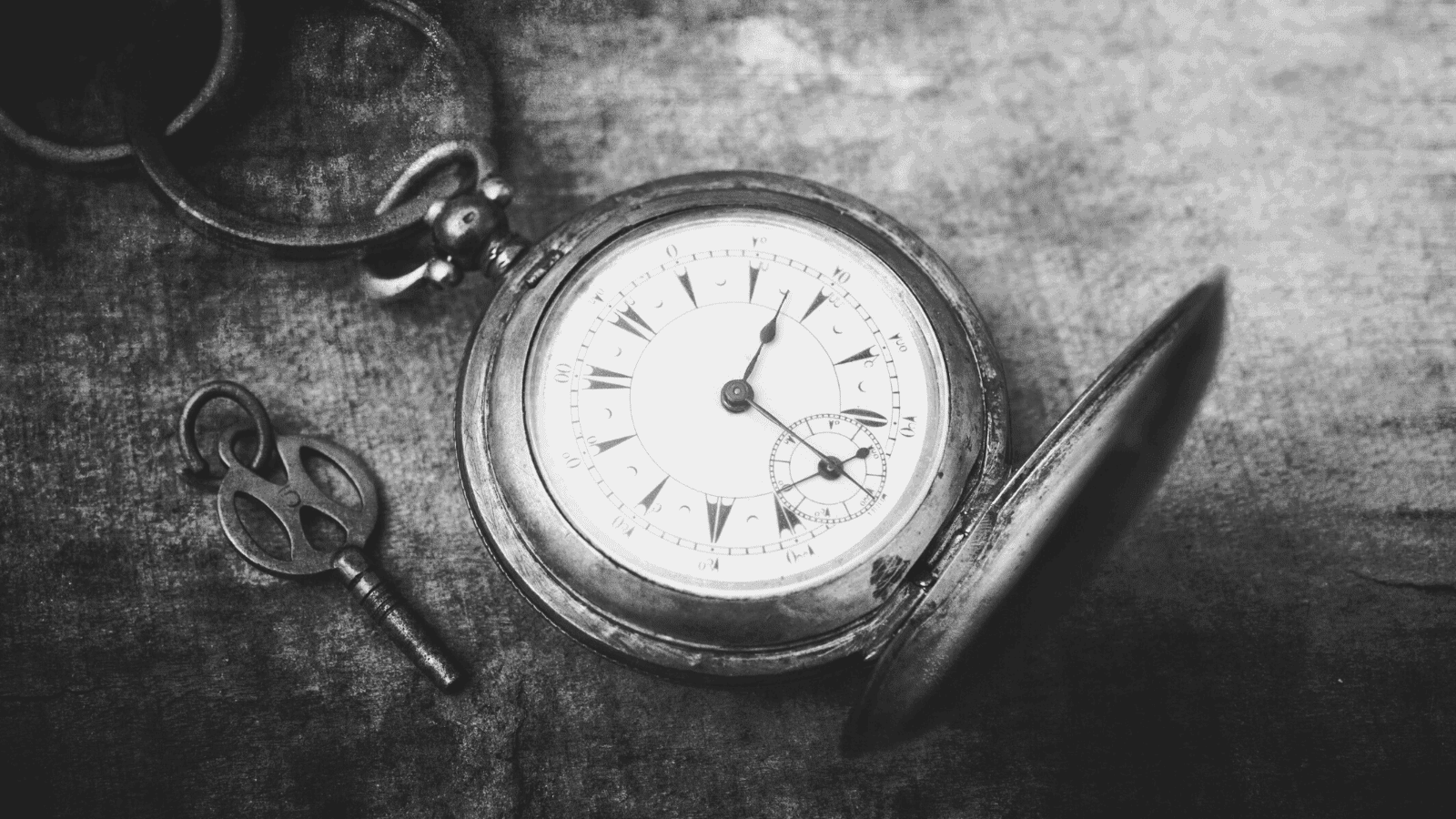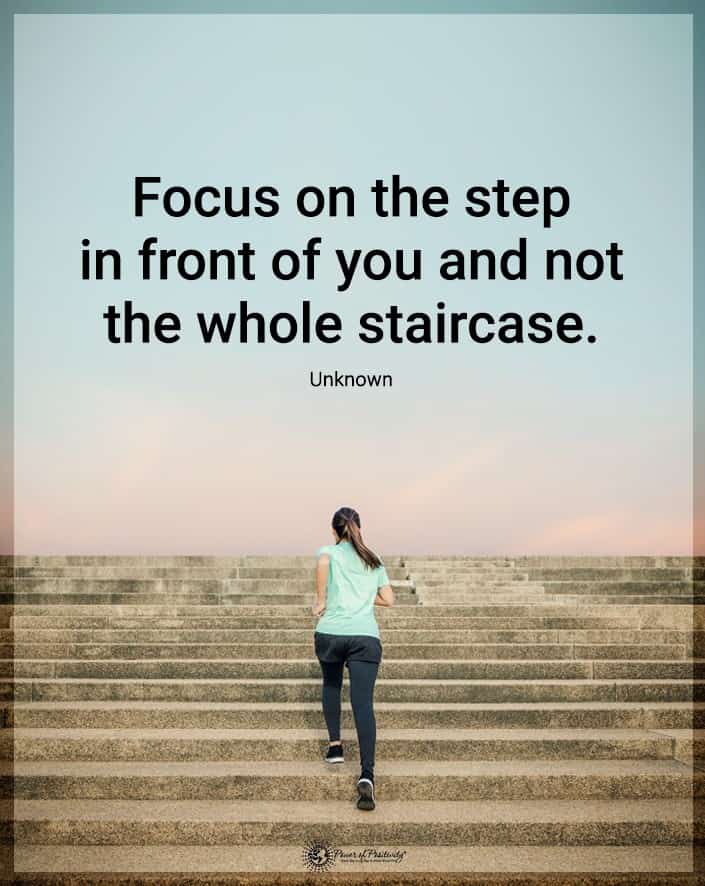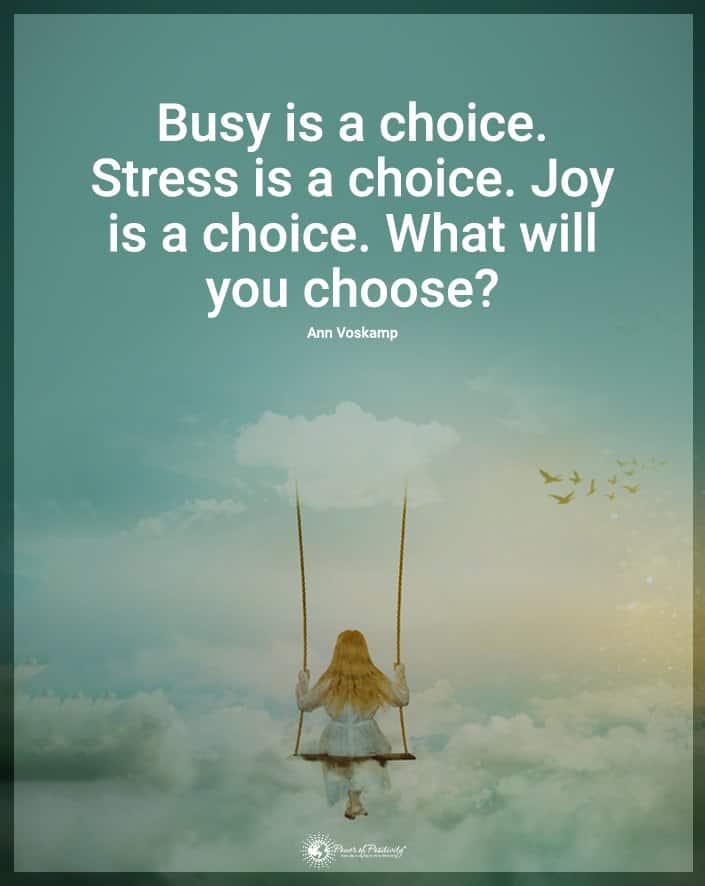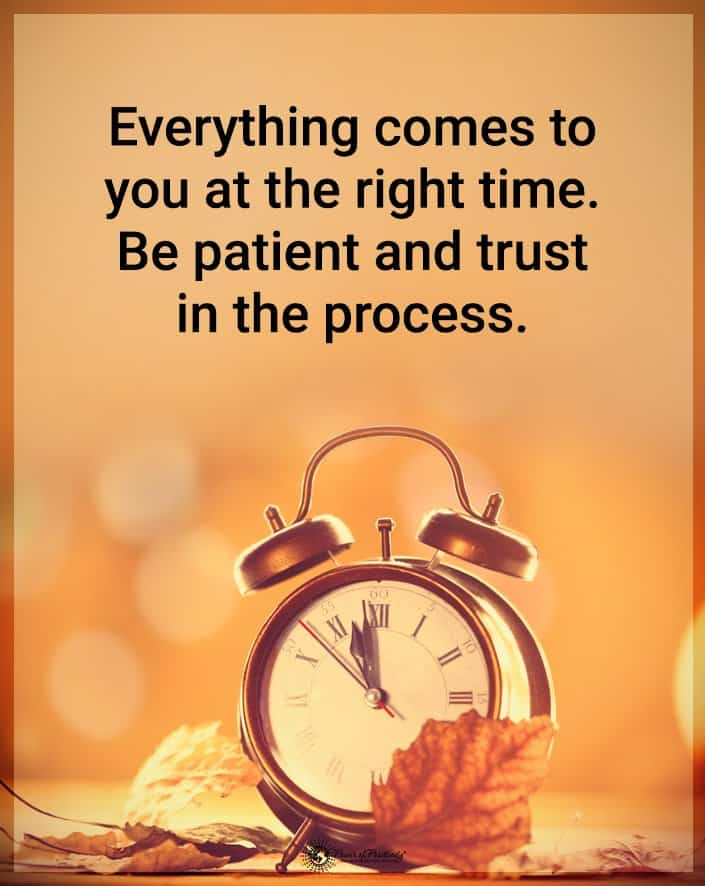Time management is a valuable skill! Few people will tell you that it isn’t. But there’s a point where even good skills and habits can wind up being extreme enough to cause harm to your life and personal growth. Excessively keeping time is one such example responsible for holding you back
Time-keeping in excess refers to the act of constantly being aware of the time that every single thing in your life takes. This often means allowing yourself to be dictated by time and feeling emotionally attached to its passage. This can prevent you from achieving your goals in many different ways. Here are five ways keeping time is holding you back.
1. It Makes You Lose Focus
If you tend to keep time, you are likely often worried about being late. Indeed, this doesn’t seem bad on the surface because punctuality is essential. Thus, the fact is that being too obsessed with being on time can be counterproductive.
It’s okay to want to be on time; in most cases, being tardy can negatively affect you. But there’s a difference between being aware of your responsibilities and constantly checking the clock. Repeatedly shifting your attention to timekeeping or staring at watches while you try to make new mini-plans based on remaining time is entirely inefficient.
When you behave this way, you disrupt your brain’s focus on a task and create more panic and distractedness for you. You can’t stay concentrated if you keep needing to look at a clock, and your brain can only handle so much switching without losing productivity. This means that, ironically, trying to prevent lateness can make you later!
2. It Makes You Uneasy
Keeping time seems like an excellent way to stay on task, manage goals, and even handle anxiety, but in reality, it’s only going to make your worries and fears worse. You can become uneasy because you have learned to view time as a transaction. For each moment you spend doing something random, you’ve “lost” the time you could’ve spent elsewhere.
When you view time this way, you’re actively making yourself too anxious to get anything done correctly – or even to live your life in peace! Not sure if this describes you? Here are some signs that keeping time is just making you feel uneasy:
· You’re Anxious When You’re Free
When you look forward to something relaxed for once, you also wind up not enjoying it once that time arrives. Essentially, you spend your free time feeling anxious or unhappy that you’re not working on more “productive” things. You are aware that the time you spend “freely” is time that you’ll never get back, but instead of understanding that this is a fair and valuable use of your time, you panic instead.
· You’re Never Satisfied
Even when you’re productive, keeping time means you could be extra hard on yourself about that productivity. You don’t feel satisfied with anything you manage to get done, as you always feel you could have done more. You don’t even realize when these thoughts reach excessive levels.
· You Need Everything To Fit
Being on time and schedule is excellent, but needing everything to fit perfectly into pre-planned time and unable to adapt is holding you back! You feel stressed out when anything happens that takes away planned time for certain activities, leaving you stuck if even one thing goes wrong. And if you’re expecting an excessive number of things to fit into a certain amount of time, that’s even worse!
3. It Makes You Rush All The Time
When you try to keep time, you can constantly feel like you never have enough time to do what you want to do. You may also worry that you’re wasting time and feel like you need to rush to prevent that wastage. This isn’t a rational thought and can be, ultimately, bad for your life, work, and health. Here’s how rushing can hold you back:
· It Results In Subpar Performance
While procrastinating and taking too long to do simple tasks is bad, rushing through them is equally problematic for your performance. Rushing means you’re more likely to make mistakes, and it also means you’re likely not giving the task the attention and focus that it deserves.
· It Stops You From Enjoying Life
Have you ever heard the phrase about stopping to smell the roses? It’s an idiom that very much rings true in today’s fast-paced world! If you don’t slow down now and then to see all the little positive things in life, you’ll wind up in a bad mood and won’t be able to appreciate life’s beauty. That’s bad for your mental health, and it can give you a skewed view of the world.
· It Prevents You From Enjoying Leisure Time
As strange as it sounds when you have free time, the act of keeping time can still exist and further hold you back. It would be best if you had this free time to rest, but your time anxiety prevents that. How? Well, for example, if you wake up later than expected on your day off, you may immediately begin to panic or feel bad, thinking about all the time you’ve lost by waking up late. This means you feel awful and rush through your leisure activities, and it may even prevent you from enjoying them! As such, you won’t feel rested when it’s time to get back to your responsibilities, damaging your ability to perform. Breaks are necessary for positive thinking, productivity, and wellbeing, so ruining your breaks by keeping time is very harmful.
4. You Don’t Find Your Purpose, Because Time Obsession Is Holding You Back
A lot of times, a sense of purpose can help you feel more fulfilled. Most experts agree that having a sense of purpose is crucial for mental and physical wellbeing, giving you a positive view of yourself and the direction you’re heading in. Unfortunately, this means that sometimes, feeling like you don’t have a purpose can manifest in time-keeping behavior.
Why does this happen? You might keep time because you feel like everything you’re doing will waste since you have no sense of direction from a purpose. You wonder what you’re doing here and why you’re doing it, or if there’s any point at all. This lends itself to feelings of depression and even a desire to withdraw and stop trying at all because of how hopeless it seems.
Ironically, time-keeping to the point of depression can prevent you from finding your purpose. Understanding that you may find your purpose later in life will help you to feel comfortable with living each day at the moment instead of worrying that it’s being wasted with each minute.
5. You Think Life Is A Race
Life is a varying thing, and everyone experiences it differently. When you keep time, you tend to forget about how unique and individual your life can and should be allowed to be. This means that you might think life is a race that you either have to win or catch up to in time, which isn’t true. Here are some signs that keeping time is holding you back by making you believe that life is a race:
· You Feel You’ve Missed Your Chances
You think that certain milestones in life have age limits. For example, if you didn’t finish university by the age of thirty, you think it’s too late for you ever to get a degree.
Or if you never got to learn to play the piano and you’ve now discovered you love it at the age of fifty. But you feel that it’s too late to bother.
Perhaps you think you’re too old to rock colored hair, find love, or learn a skill that young people enjoy. These kinds of thoughts are inaccurate! In life, there is no point at which you are cut off from specific experiences. There are no pre-set turnoff points for different paths and opportunities. So don’t be held back by such ideas that diminish positive thinking.
· You Compare Yourself To Others
Keeping time can make you view your accomplishments, milestones, and successes against other people’s, judging your journey by how well you measure up to theirs. You compare your victories to the victories of others and are less interested in seeking your path or taking things at your own pace. This mindset is counterproductive because it means you compare your actual, full version of yourself and all your opposing sides against the positive views others present themselves to the world.
You don’t know why someone is going faster or slower than you. Besides, it’s not fair to try and “beat” them in a race that only you are running in. And, of course, that kind of thinking means you feel bad when you succeed at a slower rate and become complacent when you grow more quickly.
· Your Successes Feel Less Significant
If your successes come after other people’s, you may feel that this diminishes the positive outcome you’ve achieved. You wind up downplaying your abilities and treating your good victories as subjects of underwhelming necessity. You may even become ashamed of them if you were “slow” to achieve them!
· You Make Impulsive Mistakes
Impulsive behavior is often harmful to your wellbeing, and studies have shown that it is linked to not just decreased positive thinking but multiple mental disorders and conditions that are risky. When you think life is a race and you’re running out of time for certain milestones, you are likely to make impulsive decisions to reach the turnoff point that you think exists.
For example, if you feel you need to be married by the time you’re 30, you may quickly rush to marry someone at the age of 29. Indeed, you might make this move even if they’re not suitable for you.
· You Become Overwhelmed
When you think you’re running out of time to reach a particular milestone in the fake race of life you envision, you can become overwhelmed. You think you have limited time. So you feel the need to rush. But that only serves to make it harder for you to achieve any positive goals at all!
Final Thoughts On Some Ways Keeping Time Is Holding You Back
It’s good to manage your time, but there’s a difference between positively using time instead of it holding you back. Instead of ironically wasting your time on keeping time, focus on living your life one moment at a time and don’t let everything you do be dictated by the clock and calendar.

















 Community
Community

